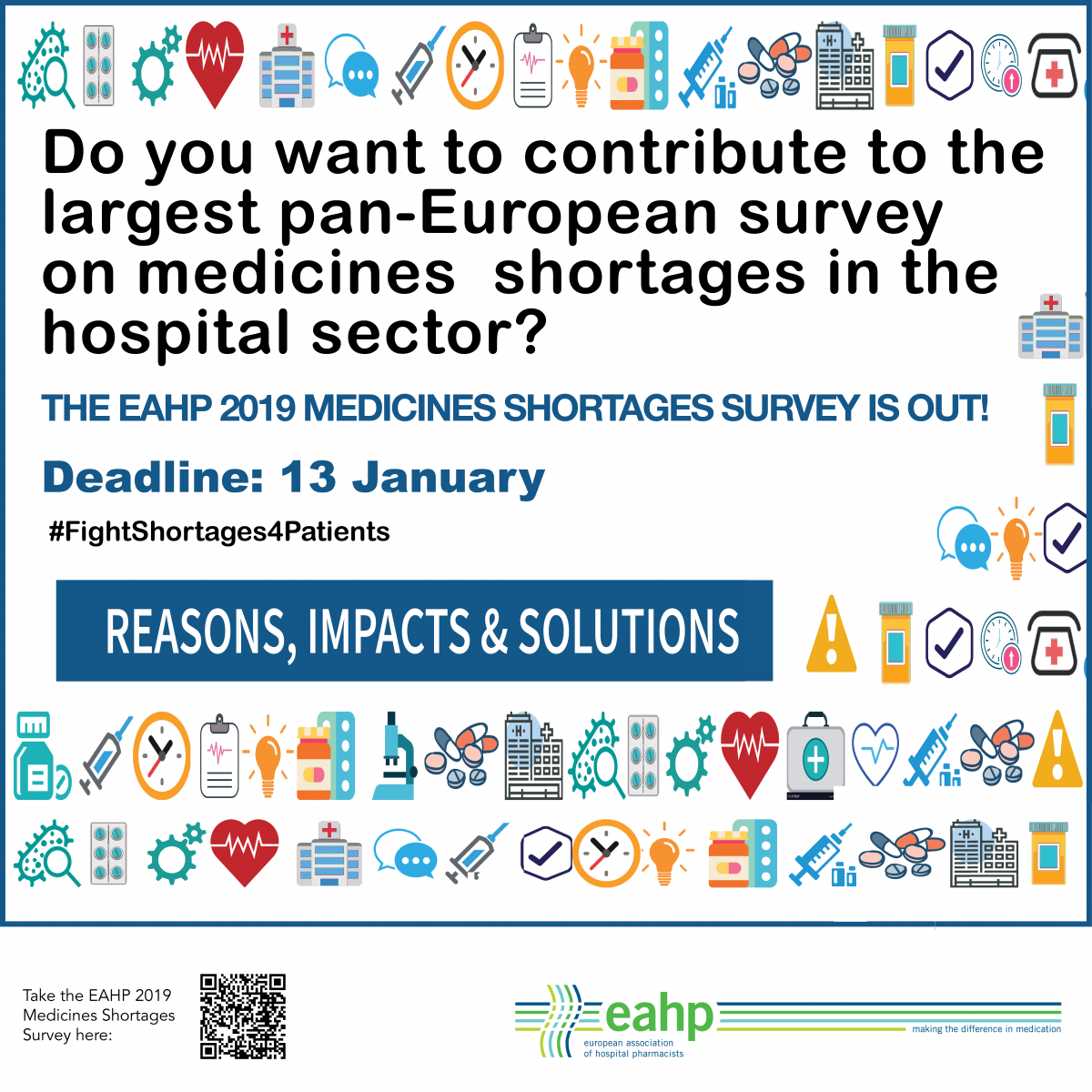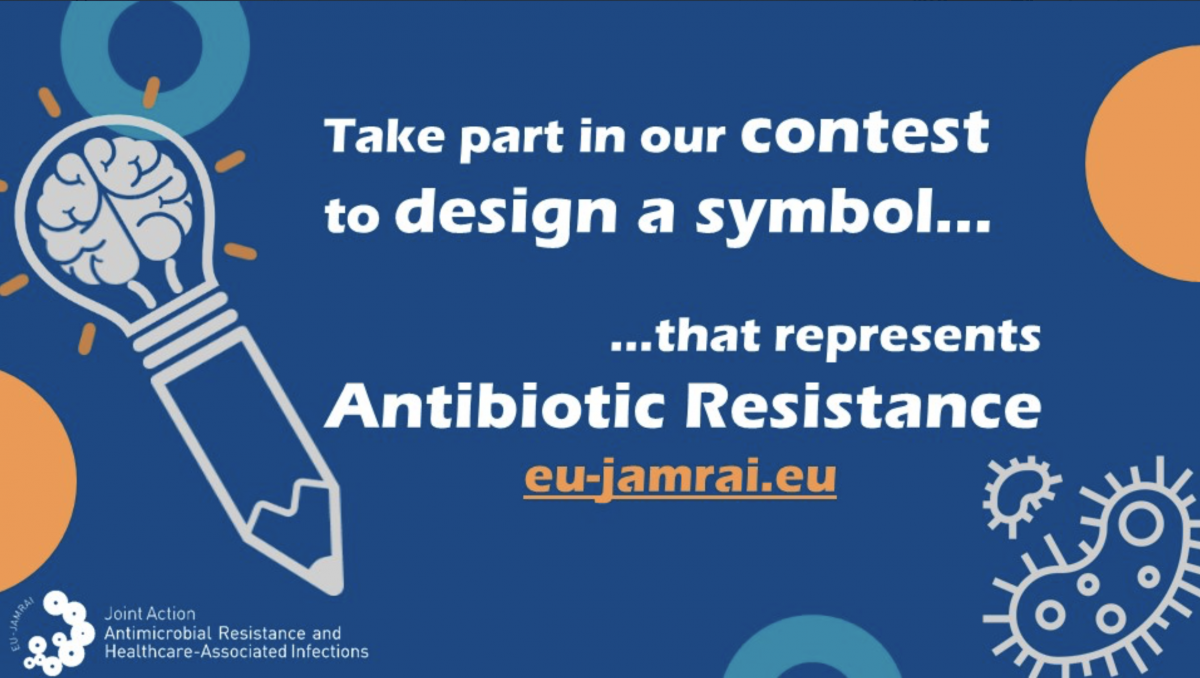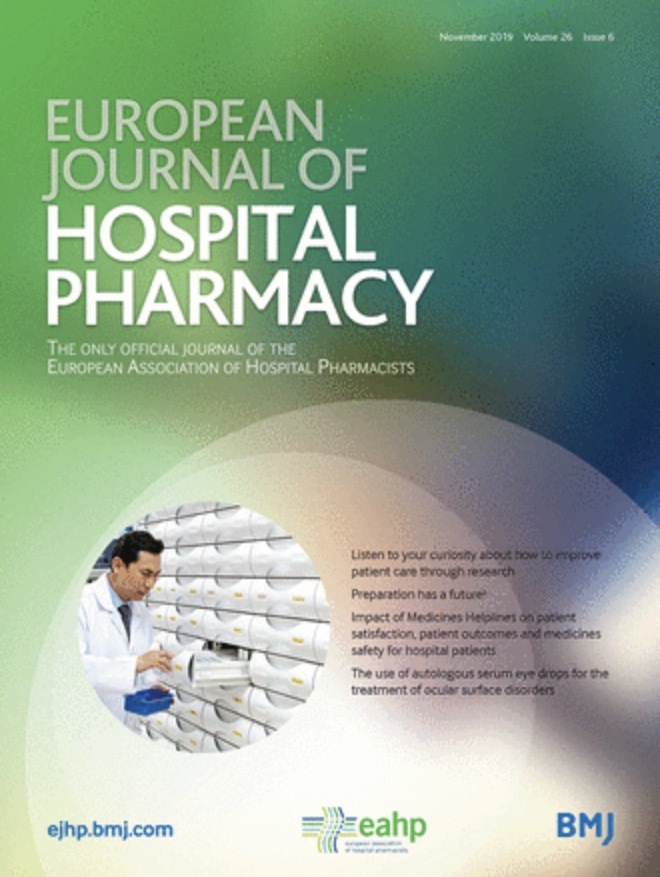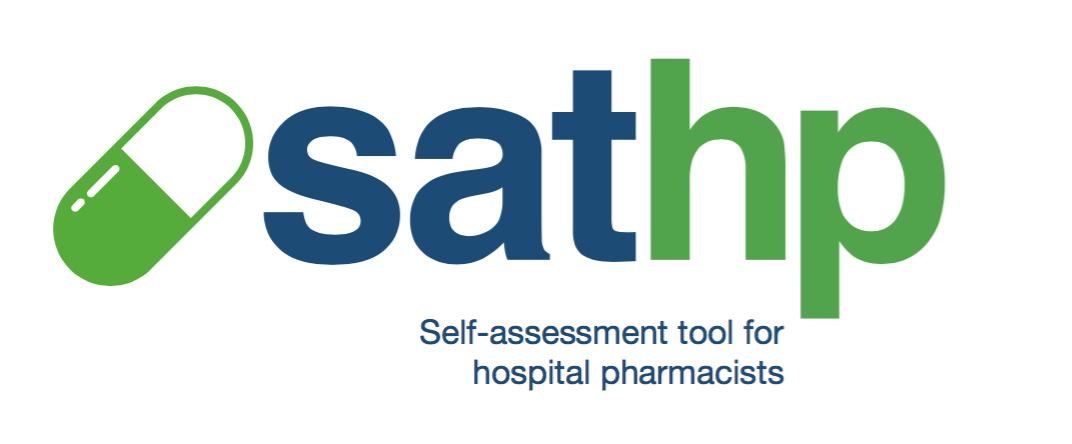EU Monitor -Benefit from the early bird fee – register now for EAHP’s 2020 Congress!
The EAHP EU Monitor is a regular round up of news relevant to hospital pharmacy in Europe.
You can subscribe to receive the EAHP EU Monitor by email HERE.
Secure your spot at #EAHP2020 – Early bird registration ends on 30th November
Between 25th and 27th March 2020, the European Association of Hospital Pharmacists (EAHP) will be celebrating the 25thanniversary of its annual congress for the hospital pharmacy profession. The event will bring together hospital pharmacists from all over the world in Gothenburg, Sweden. The programme is centred around the theme “Hospital Pharmacy 5.0 – the future of patient care”. Early bird registration, at a discounted fee, is still possible until the end of November.
The keynotes of EAHP’s anniversary congress, will provide participants with insights on the latest developments in the fields of artificial intelligence, digitalisation and pharmacy prescribing. Other subjects, such as for example telepharmacy and 3D printing, that will influence the work of hospital pharmacists in the foreseeable future, will be addressed in seminars and workshops, also with a focus on the provision of optimal outcomes for patients.
The Synergy programme of the 25th EAHP Congress will address innovation trends that aim at improving patient care. “Oncology biosimilars – hospital pharmacists making the difference”, sponsored by an educational grant from Amgen, will explore collaboration possibilities with other healthcare professionals on specific issues relating to the optimal use of biosimilars in the oncology field in hospitals. At the same time, it will empower hospital pharmacists to make a difference by providing them with knowledge and advice on how to implement and monitor biosimilars used in oncology. Financial impact assessment aspects will also be touched upon.
The second Synergy Satellite “The Hospital Pharmacist's role in antithrombotic stewardship”, sponsored by an educational grant from Bayer, will look at strategies that hospital pharmacist should apply to optimise anticoagulation use by appropriately modifying the reversible factors for bleeding. To this end participants will be made aware of the appropriate use of Direct Oral Anticoagulants (DOACs) to ensure the antithrombotic efficacy of the anticoagulants. In addition, the advantages of antithrombotic stewardship programmes will be presented, since these can help prevent complications, such as bleeding caused by incorrect use, by promoting adherence to anticoagulant guidelines.
To benefit from the early bird registration rate make sure to registered before 1st December 2019.
Register for the 25th EAHP Congress HERE
View the programme HERE
Contribute to EAHP’s 2019 Medicines Shortages Survey

Earlier this month, EAHP released its 2019 Medicines Shortages Survey which seeks to investigate the reasons and impact of medicines shortages on patients in European hospitals as well as possible solutions. Unlike previous surveys, this year’s investigation will target all healthcare professionals working in the hospital environment as well as patients that have experienced medicines shortages during their hospital stay.
EAHP is extremely concerned by the growing problem of medicines shortages, in particular since it significantly impacts the quality and safety of patient care as shown by EAHP’s 2014 and 2018 Medicines Shortages Survey results. Patients are at risk of suffering deterioration in their health status if they cannot receive their prescribed medicines in a timely manner. Simultaneously, the amount of time that different healthcare professionals are able to spend with patients is reduced by the increased necessity of investing more and more working hours into the management of medicines shortages.
The 2019 Medicines Shortages Survey of EAHP will be open until 13th January 2020 to gather information from healthcare professionals working in the hospital environment and patients that experienced medicines shortages while being treated. In addition to the English version, EAHP released two other versions of the survey which were translated by EAHP’s member organisations into Greek and Slovakian.
Access the English version of EAHP’s 2019 Medicines Shortages Survey HERE
Access the Greek version of EAHP’s 2019 Medicines Shortages Survey HERE
Access the Slovakian version of EAHP’s 2019 Medicines Shortages Survey HERE
Light on healthcare workers’ knowledge and attitudes about AMR shed during EAAD 2019

On 18th November the European Centre for Disease Prevention and Control (ECDC) hosted this year’s European Antibiotic Awareness Day (EAAD). The 2019 edition brought together healthcare professionals from all over Europe and presented findings of a first-of-its kind survey that looked at the attitudes of healthcare professionals towards antibiotic resistance (AMR).
Overall, the findings of the study, which was carried out earlier in 2019, revealed that knowledge and awareness of AMR and related issues is generally high among healthcare professionals working in the European Union and the European Economic Area. With more than more than 89% of the over 18,000 respondents acknowledging the connection between prescribing, dispensing and administering of antibiotics and the emergence and spread of AMR. However, at the same time the report also highlighted some significant knowledge gaps on antibiotic resistance related to human health. In addition, the findings in the areas of patient involvement and infection management showed that more investment is needed in producing and disseminating locally adapted guidance, resources and toolkits aimed at healthcare workers.
Further information is available HERE
EU JAMRAI design contest – share your ideas

The Joint Action on Antimicrobial Resistance and Healthcare-Associated Infections (EU JAMRAI) used the celebration of this year’s EAAD to launch a design contest to find a symbol that can be associated with the fight against AMR. The contest aims at raising awareness. It encourages everyone to take action through giving visibility to the rising public health problem of AMR.
Participants who like science, have a creative mind or want to make a change raising awareness about the global threat of antibiotic resistance are welcomed to enter this contest. Entries will be accepted until the 31st of March 2020, and the winner will be announced next summer. Entries will be judged by a multidisciplinary and multisectoral jury, including representatives from EU-JAMRAI and ECDC, other members of its stakeholder forum, scientists, regulatory bodies and patient organisations.
Further information and the contest rules, can be accessed HERE
Updates from the European Medicines Agency

The European Medicines Agency (EMA) recently released communications confirming that Xeljanz should be used with caution in patients at high risk of blood clots and on measures to minimise risk of serious side effects of the multiple sclerosis medicine Lemtrada.
EMA confirms Xeljanz to be used with caution in patients at high risk of blood clots
EMA has concluded that Xeljanz (tofacitinib) could increase the risk of blood clots in the lungs and in deep veins in patients who are already at high risk.
EMA is recommending that Xeljanz should be used with caution in all patients at high risk of blood clots. In addition, the maintenance doses of 10 mg twice daily should not be used in patients with ulcerative colitis who are at high risk of blood clots unless there is no suitable alternative treatment. Further, EMA is recommending that, due to an increased risk of infections, patients older than 65 years of age should be treated with Xeljanz only when there is no alternative treatment.
These recommendations follow the Agency’s review of an ongoing study (study A3921133) in patients with rheumatoid arthritis and an increased risk of cardiovascular disease, plus data from earlier studies and consultation with experts in the field. All data combined showed that the risk of blood clots in deep veins and lungs was higher in patients taking Xeljanz, especially the 10 mg twice daily dose, and in those being treated for an extended period. Results also showed a further increased risk of serious and fatal infections in patients older than 65 years of age.
The recommendations were issued by the EMA’s safety committee (PRAC) and have now been endorsed by the Agency’s human medicines committee (CHMP). They will replace the measures put in place at the start of the review in May 2019. The changes come into force when the European Commission issues its decision.
Further information is available here.
Measures to minimise risk of serious side effects of multiple sclerosis medicine Lemtrada
EMA is recommending restriction of the use of the multiple sclerosis medicine Lemtrada (alemtuzumab) due to reports of rare but serious side effects, including deaths. New measures to identify and manage the serious side effects are also recommended. The side effects include cardiovascular disorders (affecting the heart, circulation and bleeding as well as stroke) and immune-related disorders (caused by the body’s defence system not working properly).
Lemtrada should now only be used to treat relapsing-remitting multiple sclerosis if the disease is highly active despite treatment with at least one disease-modifying therapy or if the disease is worsening rapidly. Lemtrada must also no longer be used in patients with certain heart, circulation or bleeding disorders or in patients who have autoimmune disorders other than multiple sclerosis.
The medicine should only be given in a hospital with ready access to intensive care facilities and specialists who can manage serious adverse reactions.
EMA has also recommended updating the physician’s guide and the patient information pack with advice on minimising the risk of serious cardiovascular disorders, which may occur shortly after a Lemtrada infusion (drip), and immune-related conditions, which may occur many months and possibly years after the last treatment.
These recommendations were issued by the EMA’s safety committee (PRAC) and have now been endorsed by the Agency’s human medicines committee (CHMP). They will replace the temporary measures introduced in April 2019 while the review of Lemtrada was under way. The changes come into force when the European Commission issues its decision.
Further information is available here.
EJHP: Cost-effectiveness of two technology-assisted manual medication picking systems versus traditional manual picking in a hospital outpatient pharmacy

The latest original article published in the online first edition of the European Journal of Hospital Pharmacy (EJHP) explores the cost-effectiveness of two technology assisted manual medication picking systems versus the traditional manual picking. The study concluded that the light-emitting diode-guided manual picking plus lockable drawer (LED-LD) system is more cost-effective than both the LED-guided and the manual medication picking system in reducing medication picking near-misses.
Read the article HERE
Take your SAT!
Have you already heard about EAHP’s self-assessment tool (SAT)? The SAT allows hospital pharmacists to assess the level of implementation of the European Statements within their hospitals. It also provides the means for hospital pharmacists and other healthcare professionals to address areas needing improvement with the help of a tailor-made action plan and a broad range of evidence-based resources. Progress can be tracked by individual hospital pharmacies as the assessment can be updated at any time. The tool has been made available in several European languages to facilitate the use by hospital pharmacists all across Europe. If you have not taken your SAT, put aside some time to complete it! Access SAT HERE





